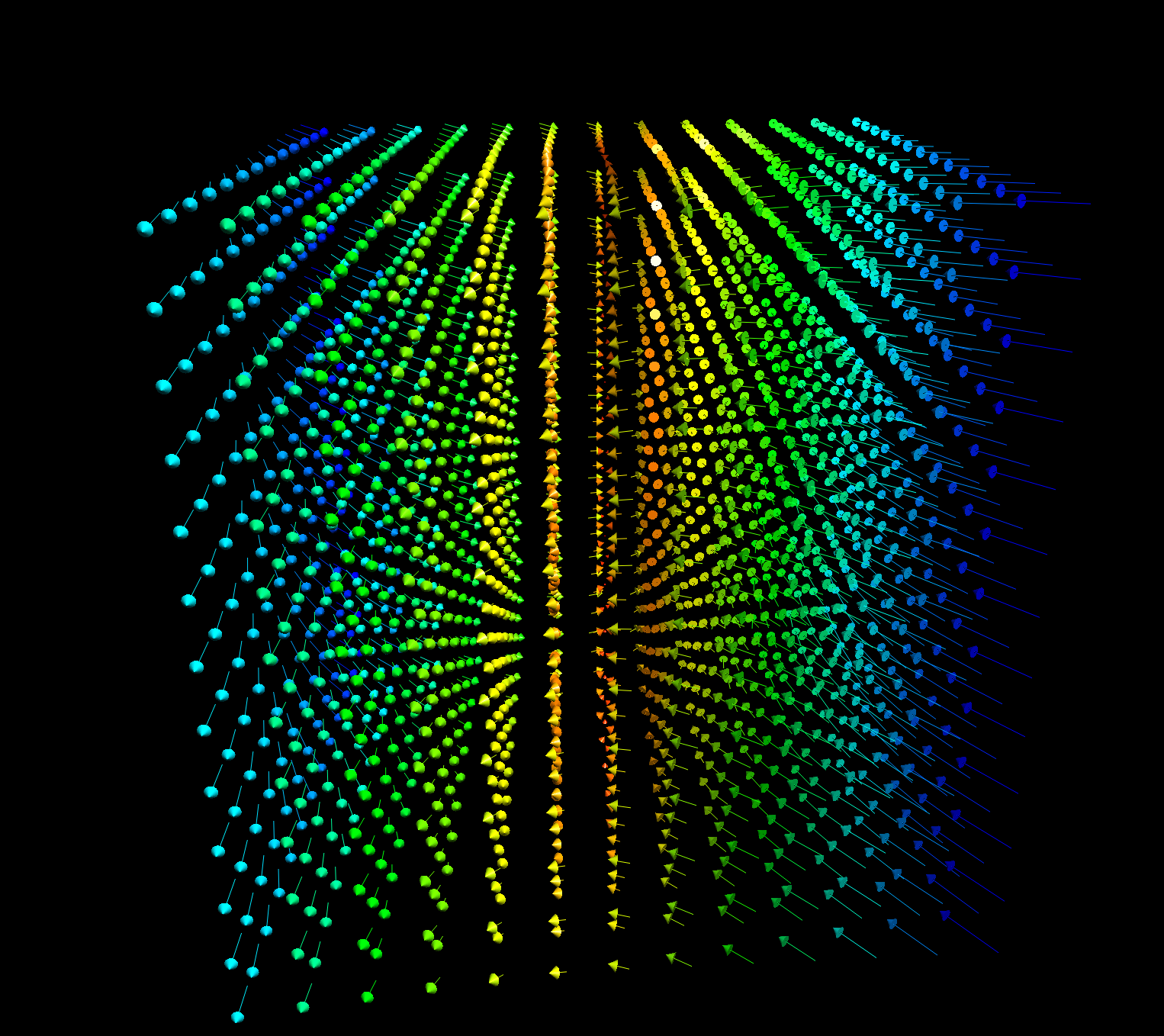
(Photo credit: Annelies Verhelst) Authors: Kim Hartley, Michelle Barker, Daniel S. Katz Given that software is an integral component of research processes and a widely used instrument for scientific research in all fields, funders have increasingly recognised and valued research software and the people who develop and maintain it as fundamental and vital to research globally.






